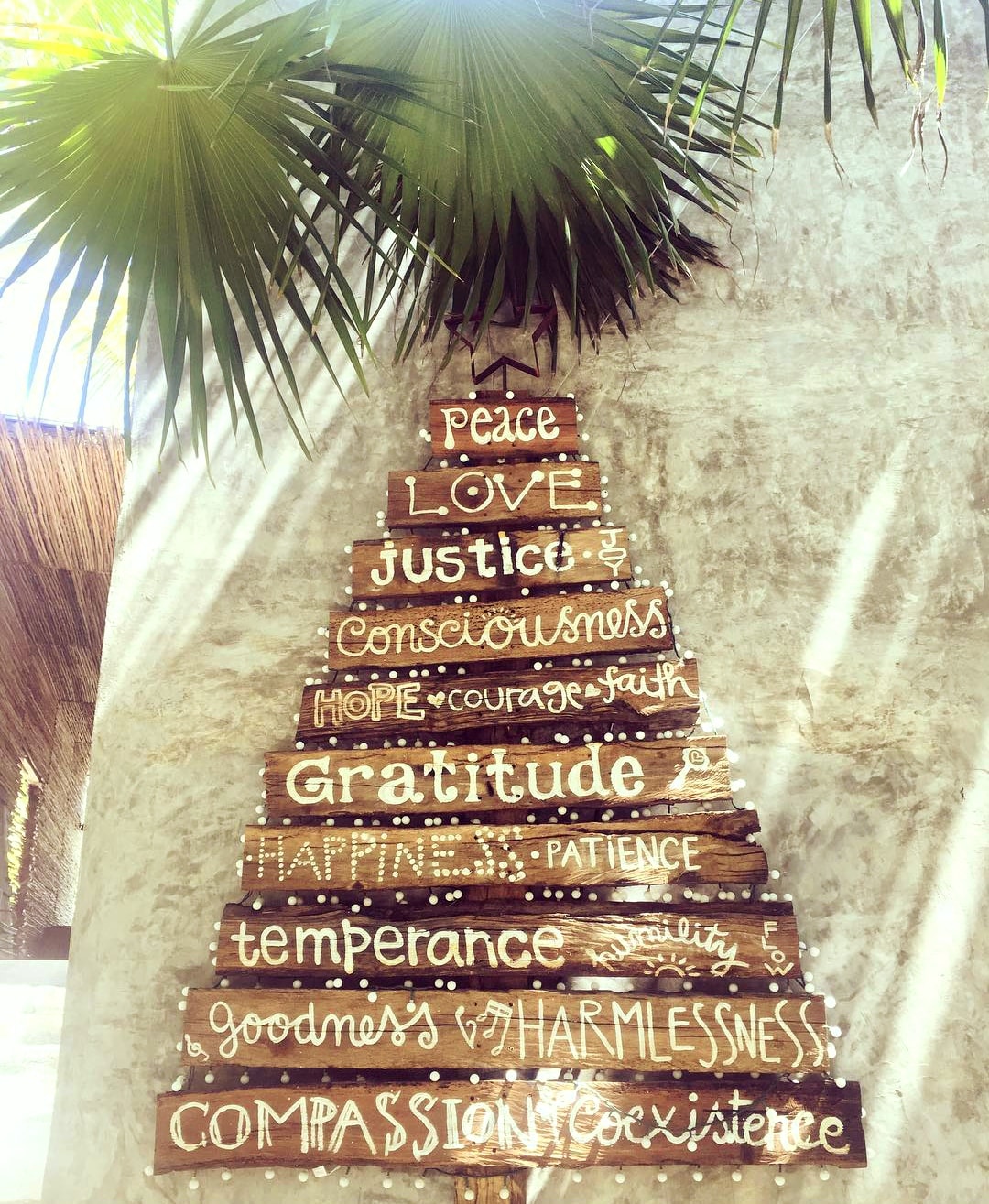
Lk.19:28-40
Today we enter into Holy Week through our commemoration of Palm Sunday. Jesus knew really well what would happen to him in Jerusalem. However, he was not afraid to cancel his journey because he had absolute trust in God’s salvific plan and his Abba, who was in control. The royal reception of Jesus in Jerusalem was not a mere coincidence or an unexpected welcome given by the people. We see Jesus asking two of his disciples to bring a colt that had never been ridden. Jesus could have given only this command to his disciples. Anyhow, he gives a detailed procedure for them to follow, such as if someone asks them to tell them that the Lord needs it. We see a similar procedure that Jesus gave to Peter and John prior to the preparation of Passover. It was an indication that he was neither forced nor a mere coincidence to enter Jerusalem, but rather it was his own choice.
The choice of donkey was to fulfil the prophecy: “Rejoice greatly, O daughter Zion! Shout aloud, O daughter of Jerusalem! Lo, your king comes to you; triumphant and victorious is he, humble and riding on a donkey, on a colt, the foal of a donkey “(Zech. 9:9). We see a parallelism between Jesus’ triumphant journey and the enthronement of two kings of the Old Testament. When Solomon was appointed as king by David, he ordered his officials to mount him on his mule (1 Kings 1:33). Here we see the disciples helping Jesus to mount the colt. Second, when the prophet Elijah anointed Jehu as king of the Northern Kingdom, his commanders draped their garments beneath him (2Kg. 9: 13). Similarly, disciples spread their clothes over the colt before Jesus mounted and people spread their cloaks on the road as Jesus travelled along the path.
As they proceeded to the mount of olives, the disciples started to praise God for all the mighty works that Jesus had done. The disciples identify Jesus as the long-awaited Messiah. They shout Ps. 118:26: “Blessed is he who comes in the name of the Lord.” He is acclaimed as the Dravidic king. “Peace in heaven, and glory in the highest heaven!” (Lk. 19:38) When Jesus was born, angels gave this greeting to shepherds (Lk. 2:14). King David conquered Jerusalem through his war, but Jesus has come to Jerusalem as a prince of peace and not as a war Lord.
When pharisees witness this shout of praise, they get frightened of Roman uprisal and ask Jesus to tell his disciples to keep quiet. Jesus reminds them that if they kept quiet, stones would shout. All the while, Jesus asked his disciples to keep his identity a secret. Now the time has come to announce to the world that he is the Messiah. If disciples kept quiet, stones would shout, which refers to the God-given promise to Abraham that he would raise children for Abraham from these stones.
We witness the glorious moment in the life of Jesus when people identify Jesus as the Messiah who comes to redeem them and their Jewish nation. However, his means for redemption were not according to human calculation. He did not even take a sword against the Romans. He allowed himself to be captured as a paschal lamb, not only for the Jewish nation but for the entire world. At that moment, everything changed for him. The disciples who helped him to mount on a donkey abandoned him at the Mount of Olives, where they announced and praised him as the Messiah. The people who sang hosana for him demanded his crucifixion. The people who spread their clothes on his path, stripped him of his clothes and witnessed his crucifixion between two criminals, accusing him of blasphemy at Calvary. Thus, we see a shadow of passion on Palm Sunday. However, he was not ready to give up his mission, though he knew what awaited him after this Hosanna experience. He made up his mind to fulfil his father’s will. It was a moment of glory. He did not receive real glory from humans at hosanna. The real glory is given to him by His Father when he saves his people by allowing himself to die on the cross.
As we sing hosana, let us earnestly pray for the people of Ukraine that they may experience a reign of peace in their hearts. Russian leaders may realise that no one established peace anywhere through bloodshed. The model of Jesus riding on a colt as a prince of peace is a relevant symbol for all of us that by killing each other we are not living gospel witnesses but rather destroying the kingdom of God.